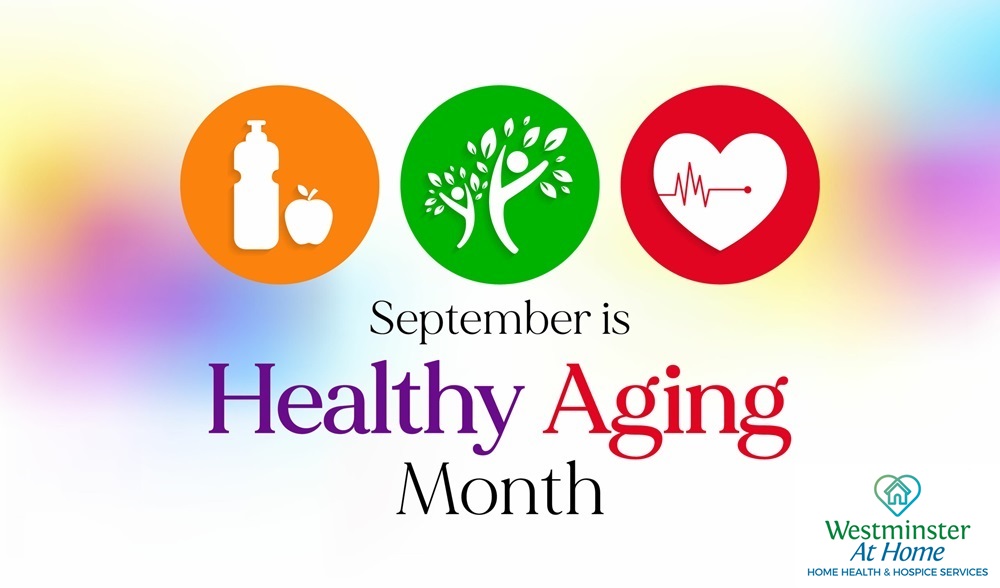Are You Prepared for the Future?

The “future” can change so quickly. We’ve all experienced how our world changed due to the COVID-19 pandemic. Overnight, commonplace items became scarce and regular activities - - work, family and play - - were restricted.
Times like these can help us reflect on what we want the “new future” to be. Planning for the unforeseen is possible. One part of your future is medical care and decisions about the type of healthcare you want to receive.
What will happen if you’re unconscious due to a car accident? Who will speak for you? Does this person know the type of healthcare services you want? Have you told them?
We know it’s uncomfortable to think about the “what ifs” of life, but don’t feel discouraged or anxious. You can prepare for the future.
April 16 is National Healthcare Decision Day. This is a day when medical professionals urge patients to “have the talk” with loved ones about their wishes if an emergency occurs and/or when they face the end of life in later years. You can prepare for these types of events; and in doing so, you will provide guidance for those who will help you.
While it isn’t always clear where to start, we want to help you! At Westminster at Home, we offer a free toolkit that walks you through the steps for making decisions; tips for sharing information with loved ones; and instruction on how to complete an Advance Directive for Medical Care. You can get a copy of this toolkit from the Westminster at Home office. Call Julie at 386-3800 and she will send you the material free of charge.
You can find more information and guidance on this topic through these websites:
www.putitinwriting.org by the American Hospital Association.
www.caringinfo.org by Caring Connections provides state specific instructions for advance directives.
About National Healthcare Decision Day
National Healthcare Decisions Day (NHDD) exists to inspire, educate and empower the public and providers about the importance of advance care planning. NHDD is an initiative to encourage patients to express their wishes regarding healthcare and for providers and facilities to respect those wishes, whatever they may be.




